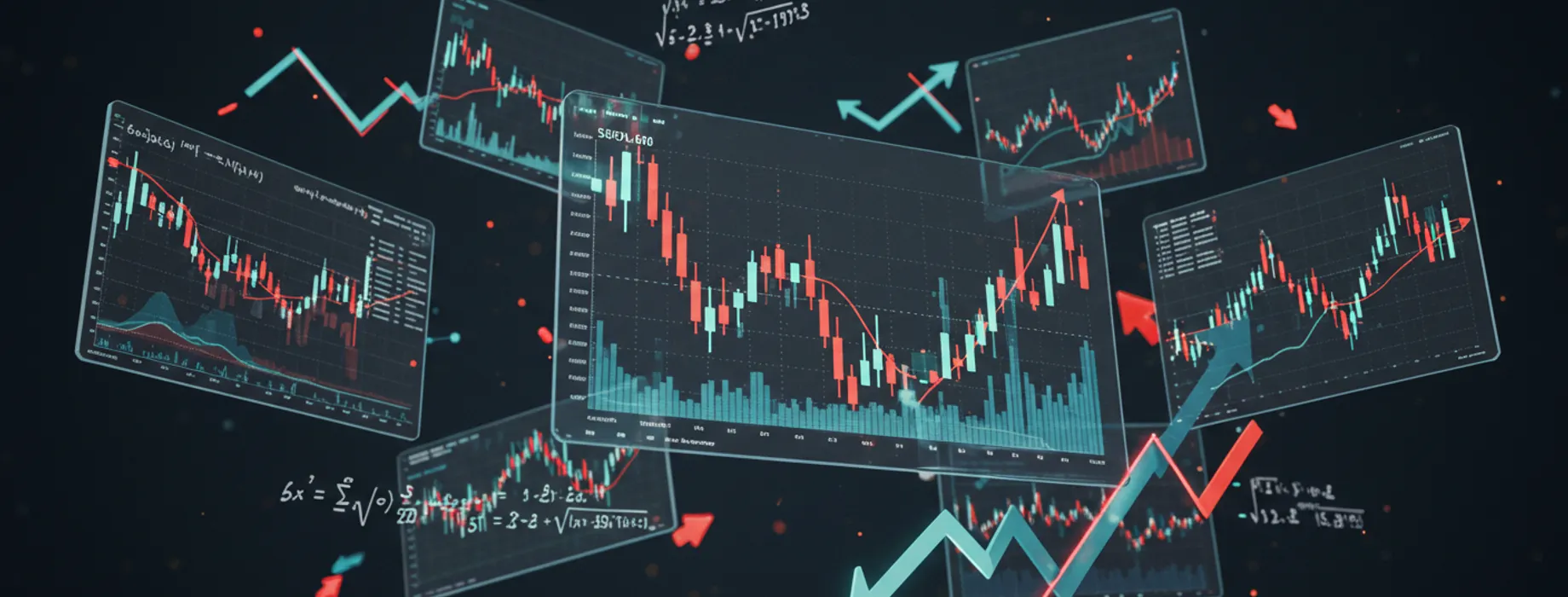China's Inflation Data Reveals Economic Pressure as Trade Conflict Persists

China's latest economic indicators show mixed signals as consumer inflation cooled in April while producer prices extended their prolonged decline, highlighting the ongoing economic challenges faced by the world's second-largest economy amid escalating trade tensions with the United States.
China’s consumer price index rose at a slower pace in April while factory-gate deflation persisted, according to official data released Friday, indicating continued economic pressure as the country grapples with trade conflicts and attempts to stabilize its domestic market.
Consumer Inflation Moderates
The National Bureau of Statistics reported that China’s consumer price index (CPI) rose 1.8% year-on-year in April, down from the 2.3% increase recorded in March and falling short of analysts’ expectations of 2.0%. This moderation in consumer inflation reflects softening domestic demand despite recent stimulus measures implemented by Beijing.
On a monthly basis, consumer prices actually declined by 0.3% in April compared to March, marking the first monthly drop since November 2023 and suggesting potential deflationary concerns in certain segments of the economy.
Extended Producer Price Deflation
More concerning for economic planners, China’s producer price index (PPI) fell 2.5% year-on-year in April, extending its decline for the 19th consecutive month. While this represents a slight improvement from March’s 2.8% drop, the persistent factory-gate deflation highlights the overcapacity issues plaguing Chinese manufacturing sectors.
The prolonged producer price deflation signals ongoing struggles for industrial profits and potential challenges for debt servicing among manufacturing firms, as selling prices remain depressed despite production costs.
Trade War Impact Intensifies
These inflation figures emerge as trade tensions between China and the United States have reignited, adding further uncertainty to China’s economic outlook. Recent tariff threats from Washington have raised concerns about the export sector, which remains a crucial driver for the Chinese economy despite efforts to rebalance toward domestic consumption.
The data suggests that China’s economic recovery remains uneven, with domestic demand showing signs of weakness despite several rounds of targeted stimulus policies. Analysts note that this economic fragility could impact China’s stance in ongoing trade negotiations.
Policy Implications
The softer inflation readings may provide Chinese policymakers with more room to implement additional stimulus measures without triggering inflationary concerns. Many economists now anticipate further monetary easing, possibly including interest rate cuts and reductions in banks’ reserve requirement ratios.
“The weaker-than-expected inflation data opens the door for more aggressive policy support,” said an economist familiar with Chinese economic conditions. “Beijing needs to address both the cyclical weakness in demand and the structural challenges exacerbated by the trade conflict.”
Chinese authorities have already pledged to increase fiscal support and boost domestic consumption, but the effectiveness of these measures remains uncertain as consumer confidence continues to be affected by property market concerns and geopolitical tensions.
Outlook Remains Challenging
Looking ahead, economists remain cautious about China’s economic trajectory. While core inflation, which excludes volatile food and energy prices, held relatively stable at 0.7% year-on-year in April, the persistent deflationary pressures in the industrial sector suggest underlying structural challenges.
Market analysts suggest that achieving China’s annual growth target of around 5% for 2024 will require more substantial policy interventions, particularly if trade frictions continue to escalate and global demand remains subdued.
The latest inflation data underscores the delicate balancing act facing Chinese policymakers as they navigate domestic economic challenges while responding to an increasingly complex international trade environment.